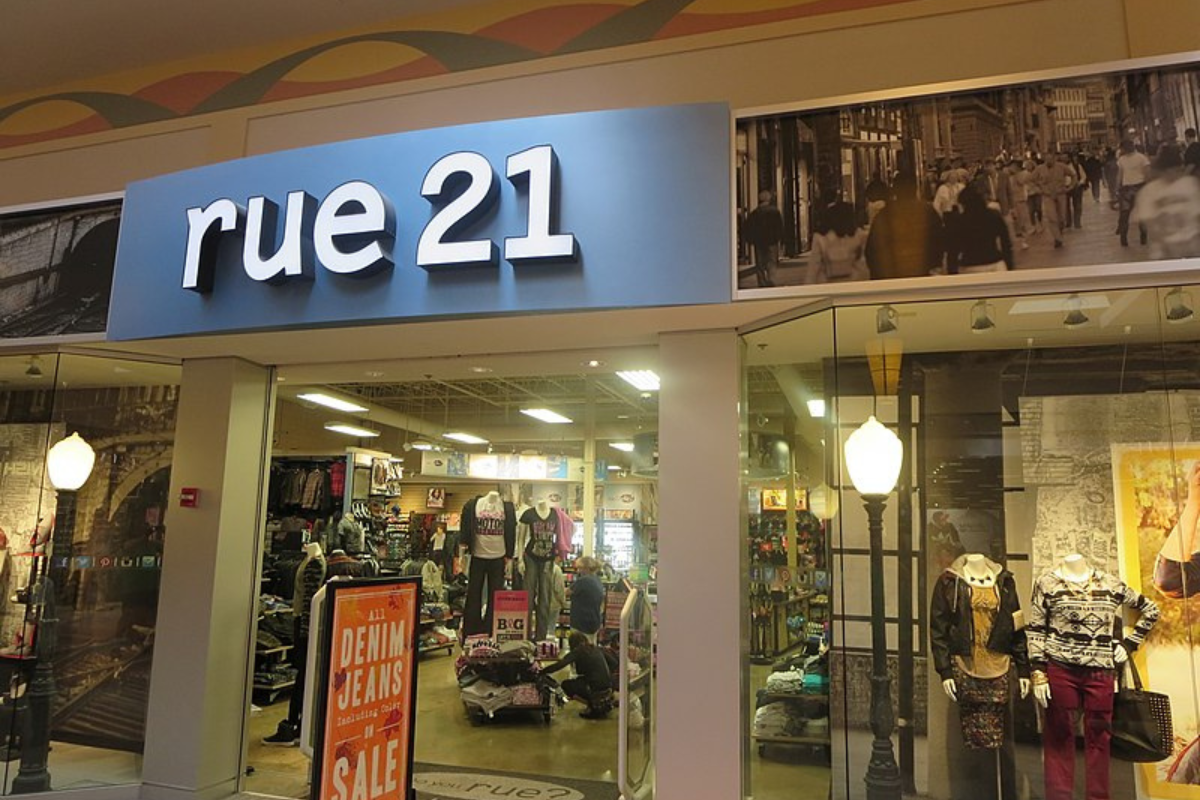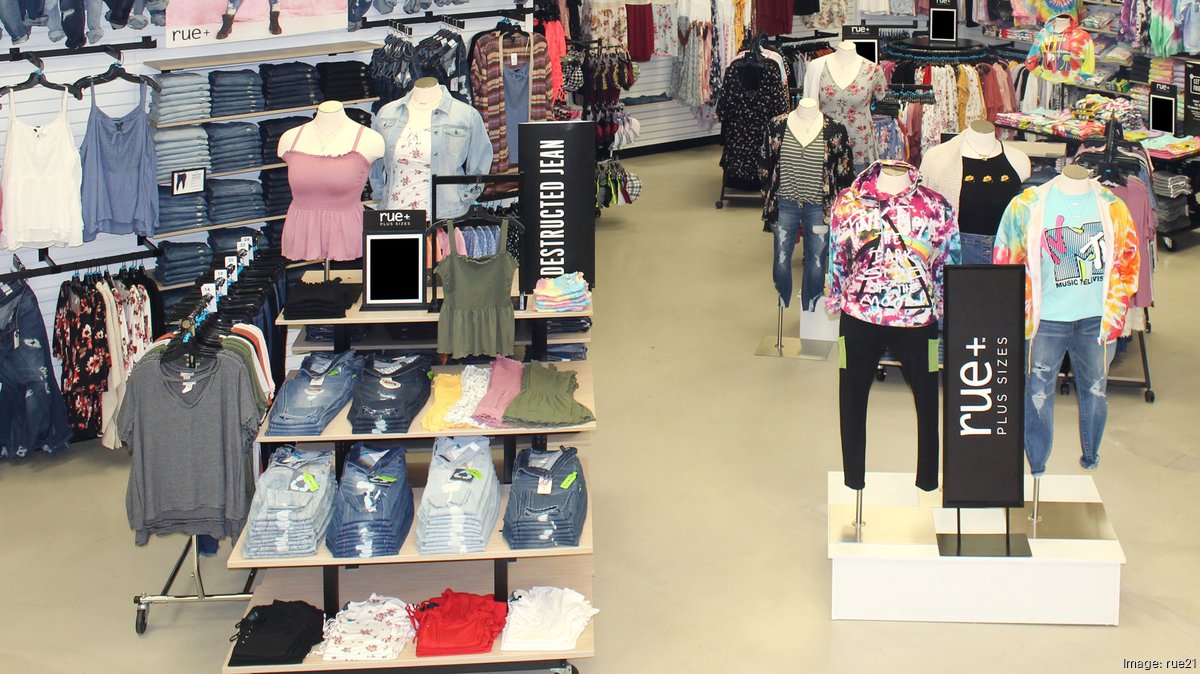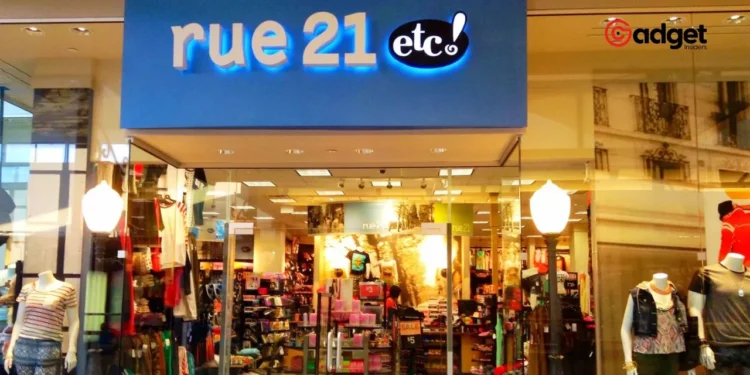Shopping malls once stood as the epitome of American consumer culture, bustling with activity and teeming with eager shoppers. These complexes were not just about shopping; they were vibrant community hubs for birthday celebrations, dining experiences, and casual walks. However, the landscape of retail has drastically shifted. Today, the typical mall paints a more somber picture, often resembling a scene straight out of a post-apocalyptic film rather than a lively weekend hangout.
The decline in foot traffic has been catastrophic for many traditional mall retailers. While some blame the COVID-19 pandemic or the rise of e-commerce giants like Amazon, the core issue lies deeper. Modern consumers have shown a clear preference for more affordable, convenient shopping alternatives. Off-mall retailers such as TJ Maxx and various online platforms have become the go-to options, leaving the once-thriving mall culture to fend for itself.

A Glimpse into the Decline: The Struggle of Iconic Retail Brands
The shift in consumer behavior has been unforgiving to several iconic retail brands. Stores like Express, Forever 21, Macy’s, and Gap, which were once staples of a typical mall visit, now appear as relics of a bygone era. The harsh retail environment has forced many such stores to shut down numerous locations, file for bankruptcy, or undergo significant rebranding efforts in a desperate bid to remain relevant.

The Repeated Misfortunes of Rue 21
Amidst this retail upheaval, Rue 21 has emerged as a particularly poignant case of struggle and resilience. Known for its trendy yet affordable clothing aimed at teens and tweens, Rue 21 was a favorite during the early 2000s. However, the rise of fast fashion and the easy accessibility of similar products online have diluted its appeal.
On May 2, Rue 21 found itself filing for Chapter 11 bankruptcy once again, this time under the ownership of Blue Torch Capital, which holds approximately 78% of the company. This filing, processed in the U.S. Bankruptcy Court for the District of Delaware, revealed liabilities and assets ranging between $100 million to $500 million.
This marks Rue 21’s third plunge into bankruptcy, following previous filings in 2002 and 2017.Each bankruptcy filing tells a story of attempted transformation. After its initial bankruptcy as Pennsylvania Fashions, Rue 21 rebranded and tried to expand, exiting Chapter 11 in 2003. The 2017 bankruptcy led to the closure of 400 stores, but Rue 21 emerged with a new focus on plus-sized and size-inclusive offerings.
With Rue21 closing all of its stores, it appears the Colonial Park Mall will be without any fashion-forward clothing retail chains. The store is one of 21 Rue21 locations in Pa. @PennLive https://t.co/CUcBl98Emt
— Daniel Urie (@DanielUrie2018) May 3, 2024
The Uncertain Future Ahead
As Rue 21 attempts to sell itself amidst its latest financial turmoil, the road ahead is fraught with uncertainty. There is no clear indication of any potential buyers, and as of the latest updates, Rue 21’s website remains offline, with a message indicating updates are underway.
The story of Rue 21 is a reflective chapter in the broader narrative of retail’s evolution. It underscores the brutal reality that adaptation and innovation are crucial in the rapidly changing retail landscape. As traditional retailers navigate these turbulent waters, only time will tell which will manage to reinvent themselves successfully and which will fade into obscurity.










